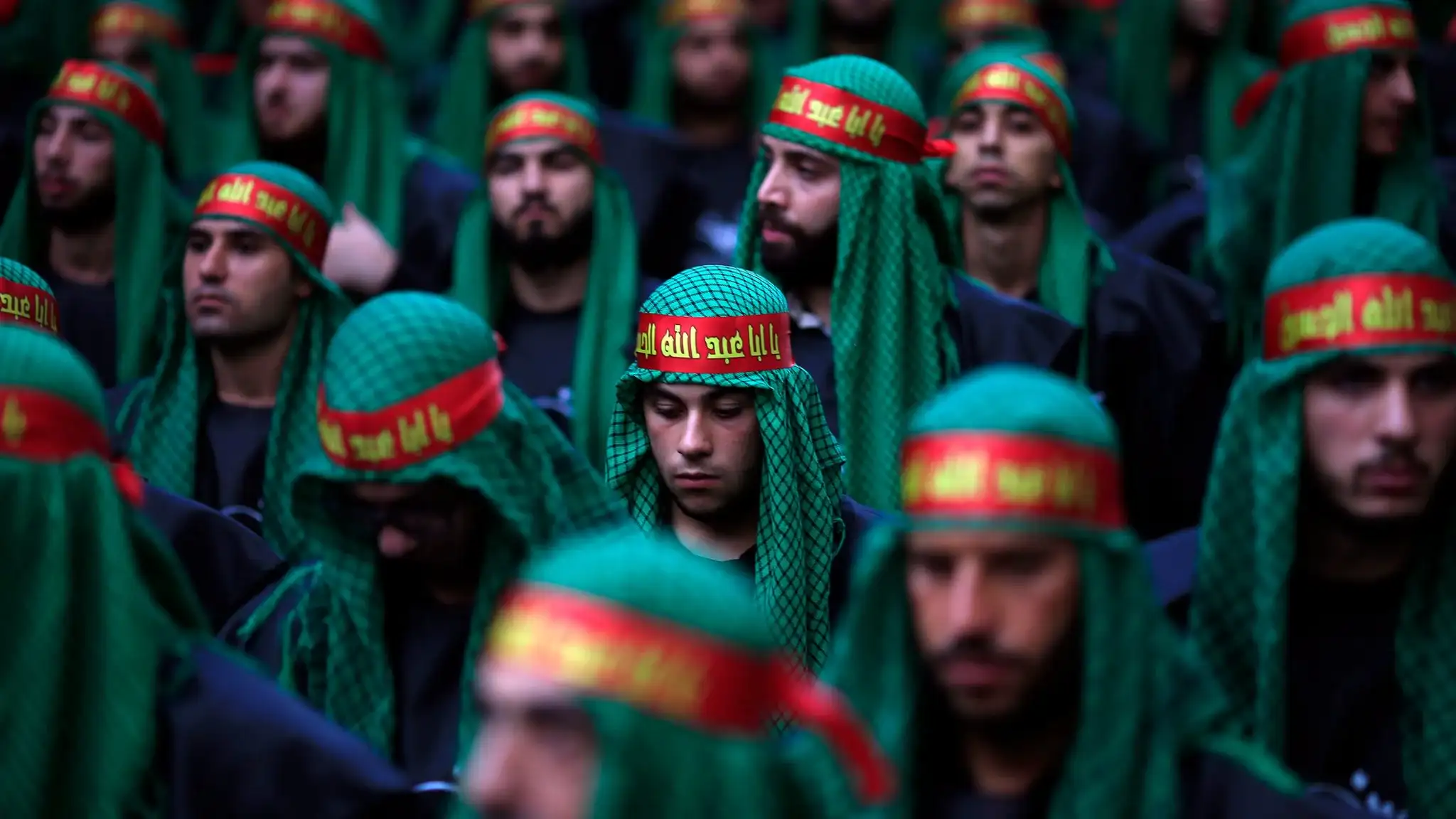Shia Islam, a major branch of Islam, follows the teachings and practices derived from the life and guidance of the Prophet Muhammad and his family, known as the Ahlul Bayt (People of the House). Shia Muslims form a significant part of the Muslim population worldwide and have a unique and rich tradition of spirituality, philosophy, and jurisprudence rooted in a distinct interpretation of Islam’s core teachings.
The central belief in Shia Islam is the principle of Imamate, which holds that leadership of the Muslim community was divinely designated by God through the Prophet Muhammad to his family. After the Prophet’s passing, Shia Muslims believe that Imam Ali, his cousin and son-in-law, was appointed as his rightful successor. Imam Ali, followed by a lineage of twelve divinely-guided Imams from his family, served as spiritual and temporal leaders. These Imams, especially Imam Ali and his son Imam Hussain, are revered for their piety, knowledge, and sacrifice in upholding justice and the principles of Islam.
One of the defining events in Shia history is the tragedy of Karbala, where Imam Hussain, the Prophet’s grandson, along with his family and companions, were martyred in 680 CE by the ruling Umayyad caliph’s forces. This event is commemorated every year during Muharram, particularly on the day of Ashura. The sacrifice of Imam Hussain is not only seen as a stand against tyranny but also symbolizes the values of truth, justice, and devotion to God that are central to Shia spirituality. This commemoration fosters a deep connection to the principles for which the Imams stood and strengthens the moral and ethical resolve of Shia Muslims.
The concept of Taqiyya (concealing faith when under threat) is also prominent in Shia practice, born from historical times of persecution. This concept, however, is only invoked in extreme situations to protect one’s life or the safety of the community.
Shia Muslims follow the teachings of fiqh, or Islamic jurisprudence, as interpreted by scholars within the Ja’fari school of thought, founded on the teachings of the sixth Imam, Ja’far al-Sadiq. Ja’fari jurisprudence includes specific practices that distinguish Shia worship, such as the combining of certain prayers, the use of turbah (a small clay tablet) during prostration in prayer, and the emphasis on ritual purity. Shia Muslims also observe religious events with particular attention to the lives of the Prophet’s family, fostering a deep spiritual connection with the Ahlul Bayt.
The Shia Muslim community is rich with a tradition of philosophy, mysticism, and scholarship, producing renowned scholars, poets, and thinkers who have contributed to Islamic thought. This heritage emphasizes the importance of knowledge, compassion, and justice as core principles of faith. Shia Muslims view Islam not just as a religion, but as a complete way of life that guides their moral, spiritual, and social principles.
For Alkosar Online Quran Academy, understanding Shia Islam provides valuable insights into the spiritual diversity within the Muslim community, as well as the common values of justice, devotion, and the pursuit of knowledge that are shared across all Muslim traditions. This perspective encourages a respectful and inclusive approach to Quranic education, embracing both the diversity and unity within the Muslim faith.




